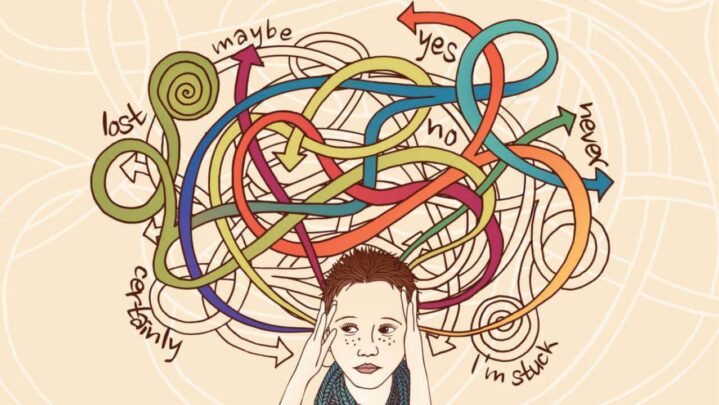It’s common to feel uncertain when confronted with novel or challenging circumstances. Doubt about one or more elements of oneself is a defining feature of self-doubt. We all could go through it at different points in our life. However, we may require additional tools to combat self-doubt if it hinders us.
Self-doubt may stem from previous negative experiences or attachment style issues. Those with insecure attachments may have experienced being criticized, which can contribute to self-doubt later in life. For example, if someone has been told that they’re “not good enough” or incapable of something, this can significantly affect their self-worth. We also have a deep societal pressure to achieve, which can be more harmful than motivating.
Here Are A Few steps That Will Help You To Overcome Self-Doubt And Find Peace:
1. Cultivate Self-Compassion – Remembering that we are all human can help you overcome self-doubt if it prevents you from making a leap in your job or another area of your life. Making errors is acceptable; we all do so along the path. When we have self-doubt, it’s frequently because we don’t want to leave room for error. But we also learn and develop via mistakes. By practising self-compassion, we can reduce self-doubt and failure anxiety regardless of the result.
2. Challenge Negative Thoughts – We are so used to having negative ideas that it can be challenging to notice when they start to seep in. These self-defeating beliefs that we are unworthy of our position or won’t perform quality work are the foundation of imposter syndrome. Consider how adopting a positive outlook could change your perspective and increase your self-confidence.
3. Surround Yourself With Supportive People – We will always have the support of friends and family who believe in us and know how much we are capable of. Put these folks around you whenever you’re experiencing self-doubt. They might remind you of your abilities and tenacity when you feel bad about yourself.
4. Seek Professional Help – If self-doubt is persistent and affecting your everyday life, striving for support from a therapist, counsellor, or coach may be helpful. Professional help will give you tools, strategies, and perspectives that will help you overcome self-doubt and find peace.





